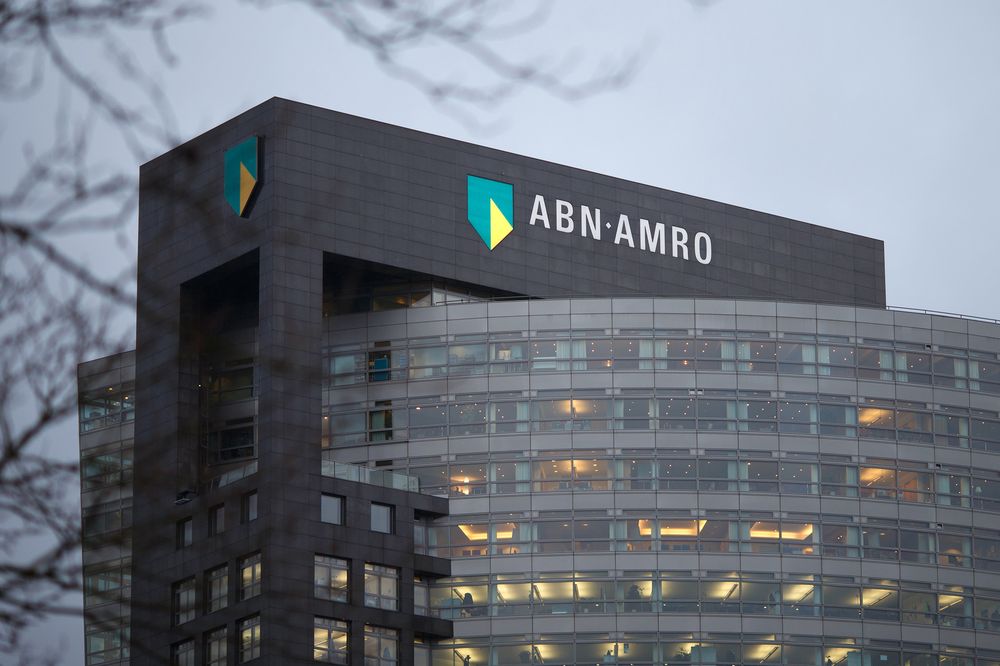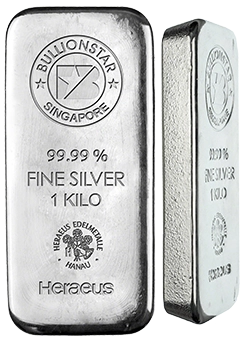Quantum Leap as ABN AMRO Questions Gold Price Discovery
Earlier this week, an interesting article appeared on the website of the major Dutch bank ABN Amro, written by the bank’s currency and precious metals strategist, Georgette Boele.
The article, titled “A world with two gold prices?”, questions how, if gold is a safe haven asset, its price has not continued to reflect the ongoing crisis and stress in financial markets.
Boele then seeks an explanation of this puzzle in terms of a framework which consists of both safe haven gold demand and speculative gold demand, one of which reflects the purchase of physical gold (safe haven demand), and the other which speculates on the gold price via paper and synthetic gold products (speculative demand) which are not physically backed by gold.
This leads her to the observation that safe haven investors would not sell their physical gold in the midst of a crisis, as they “would think three times before parting ways with their gold”, and that it is speculative investors (those who are not invested in real physical gold) who are pushing the gold price around.

One Small Step
While the ABN AMRO strategist fails to address the reality of how the international gold price is really established, i.e. via gigantic trading volumes of fractional-reserve London unallocated gold and COMEX gold derivatives, she does take a quantum leap, at least for a prominent investment bank, when the penny drops that there are two separate things being traded. Finite tangible physical gold on the one hand, and paper gold synthetics on the other. Shouldn’t these two things have distinct prices? Boele then makes the jump:
“Let’s now go a step further. Suppose there are two gold prices: one for physical gold and one for all other non-physical gold products. How would these two gold prices behave?”
As far as I recall, this is the first time that a major financial institution has broached the subject of parallel and distinct gold prices, something we have been reiterating here at BullionStar for years, for example “What sets the Gold Price – Is it the Paper Market or Physical Market?”, but this new enlightenment from ABN AMRO is welcome. Perhaps ABN AMRO have been looking at the BullionStar website.
With two gold prices, one for real physical gold and the other for paper speculation, rationalizes Boele:
“In times of financial crisis, the price representing physical gold will increase much faster than its non-physical counterpart
All in all, speculative demand for gold has made the gold price more volatile. In addition, gold is behaving less as a safe haven. When there is zero trust in the financial system, the only safe option for investors is still physical gold.”
While this ‘step further’ from ABN AMRO is a good start, it is still only a small step. Boele still fails to acknowledge that the very nature of the ‘gold price’ as we know it is completely determined by speculation via synthetic gold trading that has got nothing to do with trading of physical gold, with the physical gold market just a price taker. From the above BullionStar article in March 2017:
“There are two sets of gold markets – on the one side, the COMEX gold futures and London OTC unallocated gold spot markets which are both ultra-leveraged and which both create gold supply out of thin air, and on the other side, the physical gold markets which inherit the gold prices derived in these paper gold markets. Currently the physical gold markets have no effect on the international gold price.”

Two Different Markets – Two Gold Prices
Of course the current gold price is not properly reflecting safe haven demand. That’s because the gold price is not reflecting physical gold demand. The ABN article ends with the conclusion that:
“In a world with two gold prices, the price of physical gold will predominantly behave as a safe haven. The other gold price, by contrast, will act more like a financial asset and can serve as an anti-dollar investment.”
Therefore unfortunately, Boele does not address how the current gold price is actually derived, i.e. that the entire mechanism of gold price discovery is via London OTC unallocated trading and COMEX gold derivatives. She also fails to mention the secretive gold lending market, the proven and prosecuted bullion bank gold price manipulation, and the documented central bank intervention into gold markets, topics which cannot go unnoticed when taking about contemporary gold price discovery. Without acknowledging price discovery and behind the scenes shenanigans, ABN AMRO is skirting around the issue and can’t make additional steps of logic in fleshing out how the two gold prices would jettison and detach from each other. But it might go something like this:
If the physical gold price broke free of the paper gold price and there were two gold prices, the international paper gold price (which is established by fractional-reserve OTC London unallocated trading and COMEX gold derivatives trading) would go to zero, as unbacked products and transactions would trade at values reflecting that they are not backed by any gold, as well as the death of demand for those products.
In contrast, the physical gold price would rise dramatically as its price would break free of the influence of synthetic products and derivatives, while prior demand for paper gold would be channeled back again into demand for real gold. This would cause the physical gold price to increase. i.e. a world with two gold prices.
But now that ABN AMRO has taken ‘a step further’, it would be welcome to see an additional step or three from the Dutch bank and its contemporaries in the commodities world.
Note:The ABN AMRO article in Dutch can be read here, and it originally appeared on 2 December in the (subscription only) Dutch weekly investment and markets magazine Beleggers Belangen (Investors’ Interests) here.
Popular Blog Posts by Ronan Manly
 How Many Silver Bars Are in the LBMA's London Vaults?
How Many Silver Bars Are in the LBMA's London Vaults?
 ECB Gold Stored in 5 Locations, Won't Disclose Gold Bar List
ECB Gold Stored in 5 Locations, Won't Disclose Gold Bar List
 German Government Escalates War On Gold
German Government Escalates War On Gold
 Polish Central Bank Airlifts 8,000 Gold Bars From London
Polish Central Bank Airlifts 8,000 Gold Bars From London
 Quantum Leap as ABN AMRO Questions Gold Price Discovery
Quantum Leap as ABN AMRO Questions Gold Price Discovery
 How Militaries Use Gold Coins as Emergency Money
How Militaries Use Gold Coins as Emergency Money
 JP Morgan's Nowak Charged With Rigging Precious Metals
JP Morgan's Nowak Charged With Rigging Precious Metals
 Hungary Announces 10-Fold Jump in Gold Reserves
Hungary Announces 10-Fold Jump in Gold Reserves
 Planned in Advance by Central Banks: a 2020 System Reset
Planned in Advance by Central Banks: a 2020 System Reset
 Gold at All Time Highs amid Physical Gold Shortages
Gold at All Time Highs amid Physical Gold Shortages




 Ronan Manly
Ronan Manly 0 Comments
0 Comments










